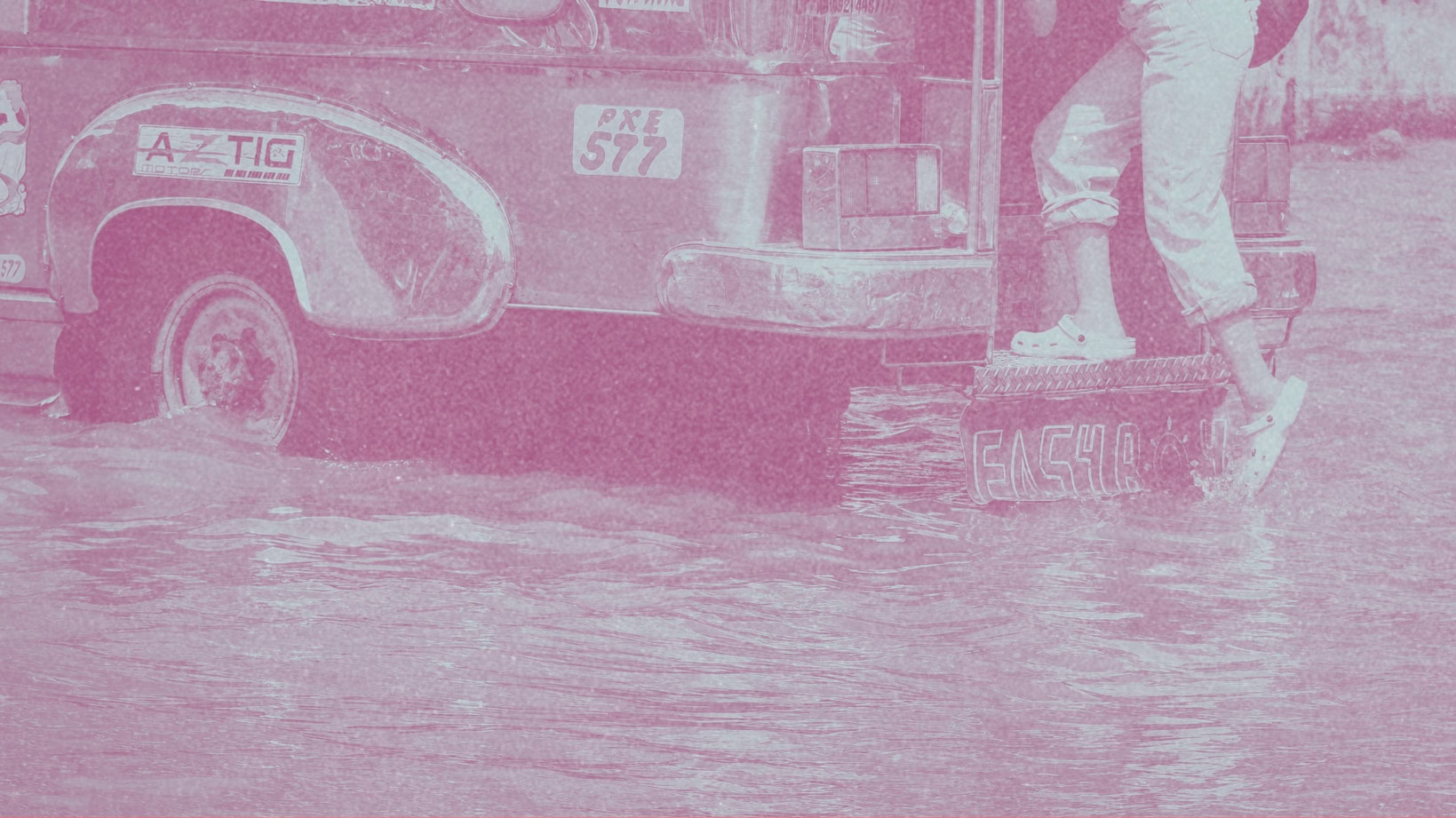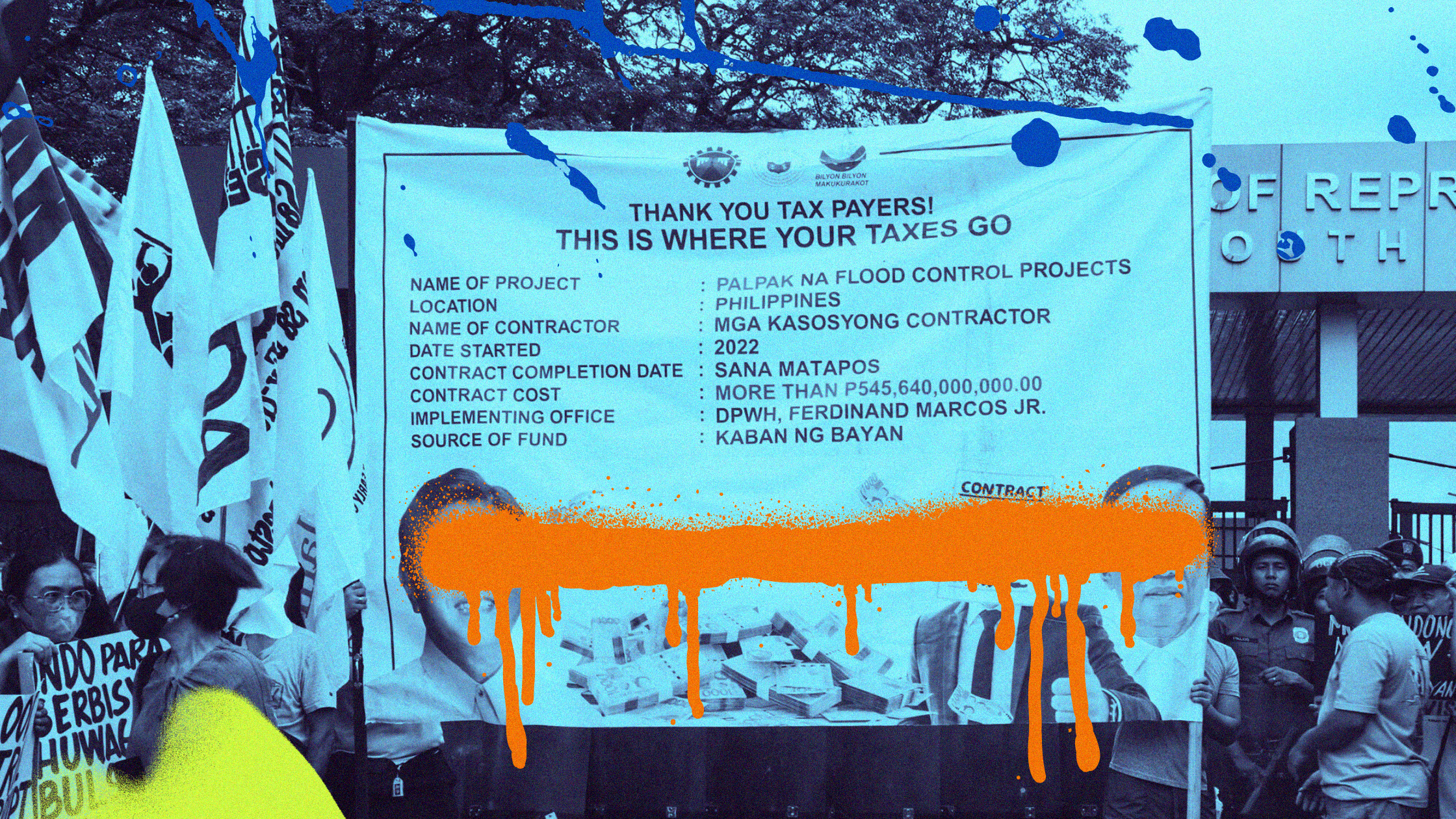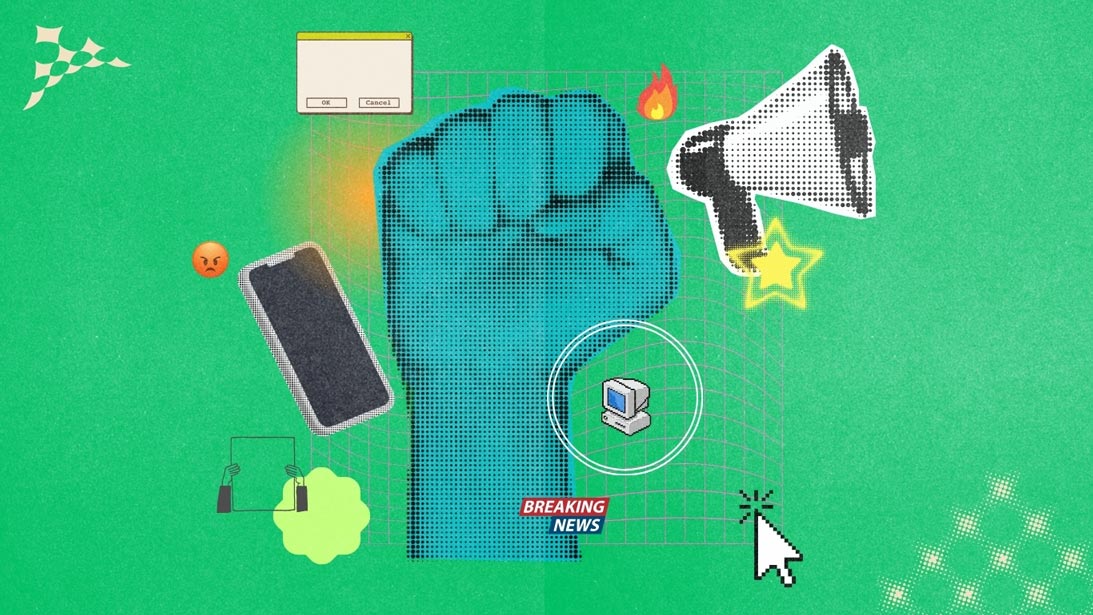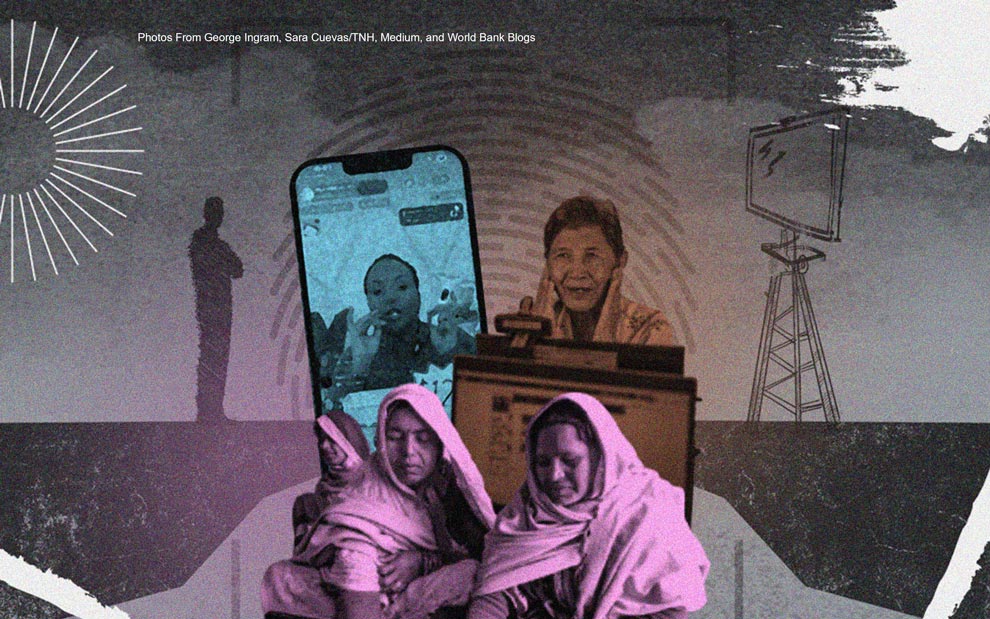News and Events
This piece is writtten by Jennifer Guste of the Council for People’s Development and Governance (CPDG), a member of Reality of Aid – Asia Pacific. On 2 September 2025, international reports documented President Marcos Jr.’s visit to Bulacan, where he grew visibly angry after inspecting flood-control projects under the watch of the Department of Public Works and Highways (DPWH) that were listed as completed but were either substandard or altogether missing. Just weeks earlier, on
Across social media platforms, countless videos show Palestinians appealing for food, aid, and basic necessities. Each post and livestream reveals a harsh reality — that the horrors of war are no longer distant; they unfold before us, right in our hands. This digital battleground exposes the truth behind Israel’s actions, unraveling the contradictions in its narrative that once went unquestioned. Yet even as global awareness grows and solidarity spreads, it remains clear: seeing is not
The Philippines is struck by an average of 20 tropical cyclones each year, with eight to nine making landfall. Nearly 70% occur between July and October, and at least five are destructive, according to the Asian Disaster Reduction Center. Located in the Pacific Ring of Fire, the country is also highly vulnerable to earthquakes, volcanic eruptions, tsunamis, storm surges, landslides, floods, and droughts. These overlapping risks mean that year after year, Filipinos face deadly floods
This piece is written by Francesca Villanueva, an intern of Reality of Aid – Asia Pacific. I am a child of the Asia Pacific, raised in a region that has lived too long with the weight of crisis. We are used to storms and floods; to governments that promise and fail; to leaders who speak of development while siphoning the funds that are supposed to build our futures. But in these previous weeks, across Nepal,
Digitalization has been a transformative mechanism in every aspect of society. It has been particularly relevant during the pandemic, through its roles in international aid and broader development cooperation, including labor. Biometric systems, registration processes, data storage, and digital platforms have enabled financial institutions to transfer funds to beneficiaries through government-to-person (G2P) channels, providing efficiency, speed, and innovation within government systems. For instance, the World Bank (2022) has recorded that digital G2P systems enabled over
The 4th Financing for Development Conference (FfD4) has been riddled with plethora of issues during its process—closed-door negotiations excluding civil society; member states blocking majority of reform demands especially from the Global South; and the United States walking out during the adoption of the Compromiso de Sevilla document. Together with the broader civil society, the Reality of Aid – Asia Pacific remains apprehensive on the essence of Compromiso de Sevilla as a norm-setting document which
SITEMAP
Research and Publications
RoA Reports
CONTACT
Global Secretariat
3F 114 Timog Avenue
Quezon City, Philippines 1103
+63 2 8927 7060 to 62 loc 201, +63 02 7007 0249
secretariat@realityofaid.org
KEEP IN TOUCH
STAY UPDATED






